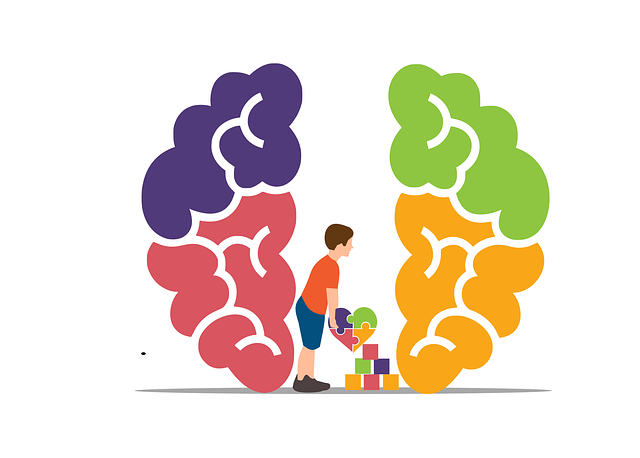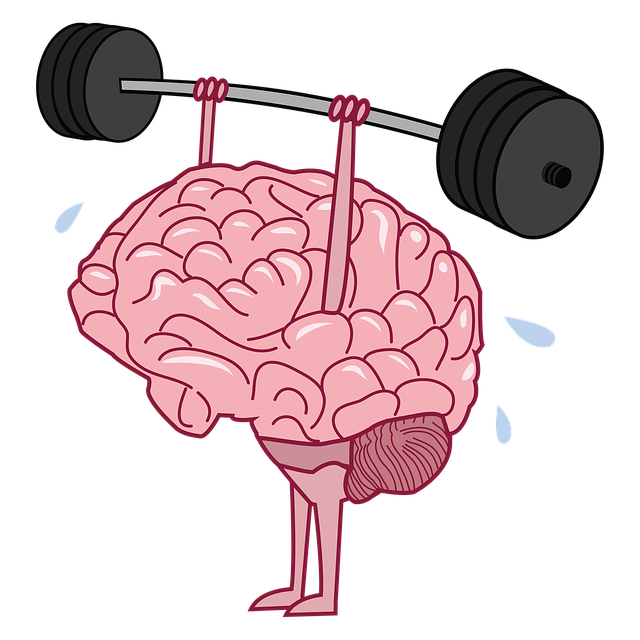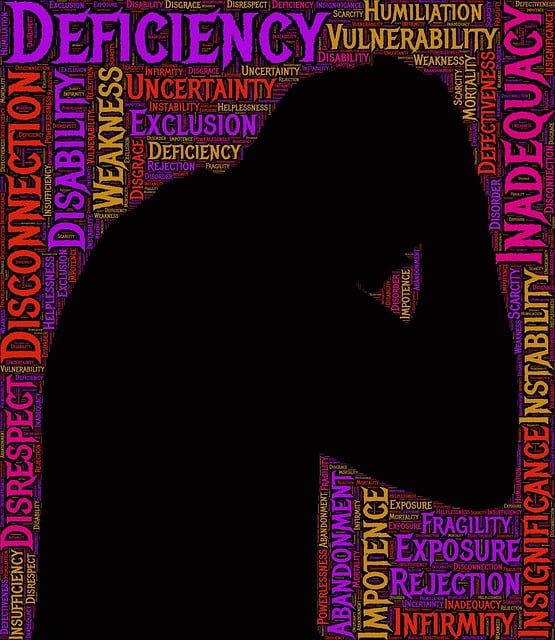Mental health professionals face unique challenges treating young children affected by postpartum depression (PPD), requiring a delicate balance between safety, boundaries, and teaching coping skills. Effective strategies include tailored CBT and interpersonal therapy, informed consent through transparent communication, and customized risk mitigation plans. Creating safe spaces in therapy rooms, minimizing distractions, guaranteeing privacy, and cultivating non-judgmental environments are crucial. Regular risk assessments and evidence-based practices ensure optimal outcomes for children and support at-risk mothers, destigmatizing PPD through early interventions.
Mental health professionals face unique challenges, especially when working with pediatric clients or supporting new mothers. This article explores critical risk assessment strategies in two key areas: therapy for young children and postpartum depression. We delve into understanding the specific risks involved, ethical considerations, and best practices to create safe environments. By recognizing potential hazards, professionals can mitigate risks, enhance client well-being, and foster resilience, ensuring effective support for both pediatric therapy and postpartum mental health.
- Understanding the Unique Risks in Pediatric Mental Health Therapy
- Postpartum Depression: Recognizing and Managing Risks for Mothers and Infants
- Ethical Considerations and Risk Mitigation Strategies for Professionals
- Creating Safe Spaces: Best Practices for Ensuring Client Well-being and Professional Resilience
Understanding the Unique Risks in Pediatric Mental Health Therapy

Working with young children presents a unique set of risks for mental health professionals. While adults can express their feelings and concerns verbally, kids often rely on non-verbal cues and experiences to communicate. This requires therapists to be highly attuned to subtle changes in behavior, emotions, and interactions, which can be challenging, especially when dealing with complex cases like those involving postpartum depression in mothers who may struggle to advocate for their children’s mental well-being.
The therapy process itself demands a delicate balance between creating a safe, nurturing environment and establishing clear boundaries. Children may not always understand the concepts of privacy or confidentiality, requiring therapists to implement robust self-care practices to prevent burnout and ensure they remain objective. Furthermore, pediatric clients are in critical periods of development, making it crucial for therapists to incorporate coping skills development and crisis intervention guidance tailored to their age and stage.
Postpartum Depression: Recognizing and Managing Risks for Mothers and Infants

Postpartum depression (PPD) is a serious mental health condition that can significantly impact new mothers and their infants. Recognizing the signs and symptoms early on is crucial for effective management. Many women experience a sense of profound sadness, anxiety, or emptiness in the days and weeks after giving birth, but these feelings should resolve within a few weeks. However, if they persist or worsen, it may indicate PPD. This condition can lead to difficulties in bonding with the baby, changes in appetite and sleep patterns, and even thoughts of harm or death.
Mental health professionals play a vital role in screening for PPD during postnatal visits and providing tailored therapy for young children affected by it. Interventions such as cognitive-behavioural therapy (CBT), interpersonal therapy, and supportive counselling have proven effective in boosting the confidence of mothers struggling with PPD while teaching them communication strategies to enhance their connections with their infants. Public awareness campaigns development can also help destigmatize this issue, encouraging more open discussions and earlier interventions for at-risk mothers and babies.
Ethical Considerations and Risk Mitigation Strategies for Professionals

Mental health professionals must navigate complex ethical considerations when working with young children and their families, especially those dealing with postpartum depression. The well-being and safety of both the child and parent are paramount, requiring a delicate balance between therapeutic intervention and potential risks. One crucial aspect is ensuring informed consent, where parents understand the nature of therapy and its potential outcomes, particularly when introducing them to new concepts like conflict resolution techniques.
Risk mitigation strategies should be tailored to each case, focusing on building resilience in both the parent and child. This may involve educating families about the normality of postpartum changes, providing practical support, and offering therapeutic interventions that are age-appropriate. By employing evidence-based practices, professionals can minimize risks, enhance outcomes, and foster healthy development in young children experiencing mental health challenges related to parental depression.
Creating Safe Spaces: Best Practices for Ensuring Client Well-being and Professional Resilience

Creating safe spaces is paramount in mental health practice, especially when working with vulnerable populations like young children and individuals experiencing postpartum depression. Therapy rooms should be free from external distractions, fostering an environment conducive to open dialogue and emotional exploration. This involves ensuring privacy, confidentiality, and a non-judgmental atmosphere where clients feel empowered to express their thoughts and feelings without fear of repercussions.
Best practices for cultivating such safe spaces include establishing clear boundaries, implementing robust risk management planning, and integrating coping skills development into therapy sessions. Mental health professionals should regularly assess potential risks and have strategies in place to mitigate them, especially when dealing with high-risk cases or clients experiencing acute anxiety relief needs. This holistic approach not only enhances client well-being but also contributes to professional resilience, enabling mental health practitioners to navigate complex situations effectively while maintaining a supportive and therapeutic environment.
Mental health professionals play a vital role in addressing complex issues, from pediatric therapy to postpartum depression. By understanding the unique risks associated with these areas, such as those encountered in working with young children and new mothers, professionals can implement effective strategies for ethical practice and client well-being. This includes creating safe, supportive spaces while prioritizing resilience and mitigating potential hazards. Through best practices and informed decision-making, mental health experts can ensure optimal care for their clients, fostering positive outcomes and navigating the challenges that arise in these sensitive domains, like therapy for young children and postpartum support.









